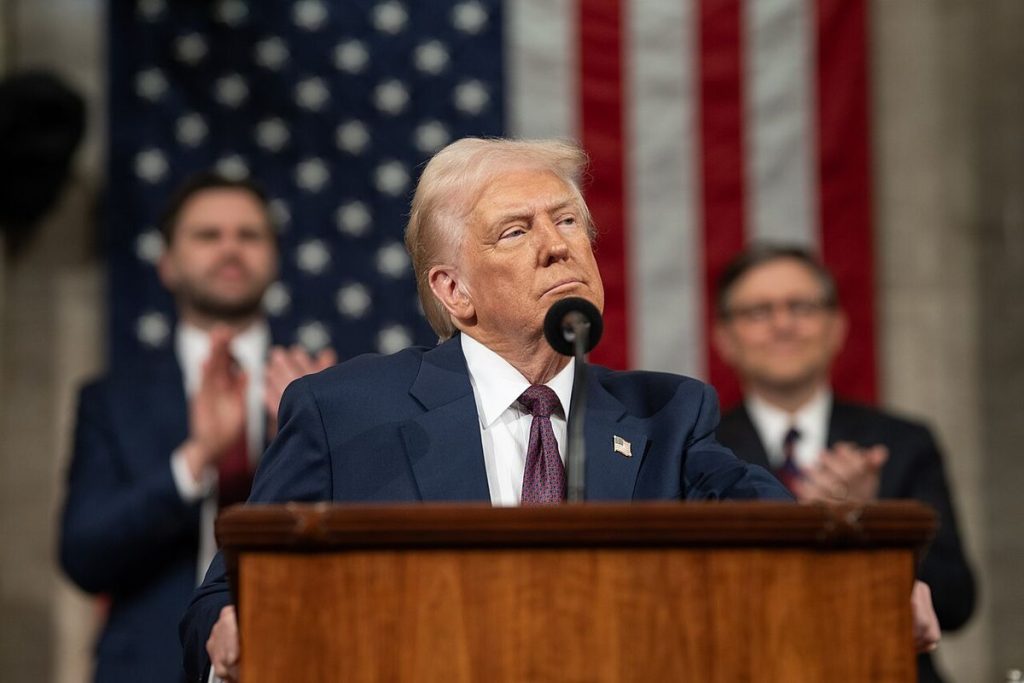
The recent decision to make several US products duty-free when entering Indonesia has drawn significant attention among businesses and consumers. This policy shift marks a major change in trade relations and creates both new opportunities and challenges for the Indonesian market. This article covers the full list of duty-free US products and explores their potential impact.
List of US Products Now Duty-Free to Indonesia
The following 10 main US product categories have recently gained duty-free access to Indonesia’s market:
- Soybeans, a crucial commodity with Indonesia’s import dependency reaching 89.1%.
- Liquefied butane, used in chemical and energy industries, with a 54.1% dependency.
- Liquefied propane, an important alternative fuel, with 53.2% dependency.
- Crude petroleum oil, a key energy source, with 4.7% import dependency.
- Bituminous coal, vital for power plants and industry, at 15.9% dependency.
- Residue from distillation or fermentation, used for animal feed, at 92.5% dependency.
- Unsaturated ethylene, a raw material for plastics and chemicals, with 24.9% dependency.
- Aircraft over 15,000 kg, including Boeing models, at 76.7% dependency.
- Flour, pulp, and pellets, used in food industries, with 58.3% dependency.
- Chemical wood pulp (soda/sulfate), used in pulp and paper production, at 36.3% dependency.
Impact and Opportunities of Duty-Free Policy
This duty-free policy is expected to reduce production costs for various industries in Indonesia. Lower import tariffs make US products more competitive and attractive in the local market, opening doors for increased business partnerships and investments between the two countries.
However, domestic industries must prepare to face increased competition from cheaper imported goods. The government and businesses are encouraged to boost competitiveness and innovate to stay relevant.
Government Role in Supporting Local Industry
The government plays a crucial role in balancing easier import access with protecting domestic industries. Programs to enhance workforce skills and technological upgrades should be intensified. Support through credit facilities and incentives will help businesses adapt to market changes.
Conclusion: Embracing Opportunities with Strategic Planning
The duty-free access of US products to Indonesia brings significant opportunities and real challenges. Collaboration among government, industries, and communities is key to navigating this dynamic. With proper preparation, Indonesia can maximize benefits while maintaining sustainable economic growth.






